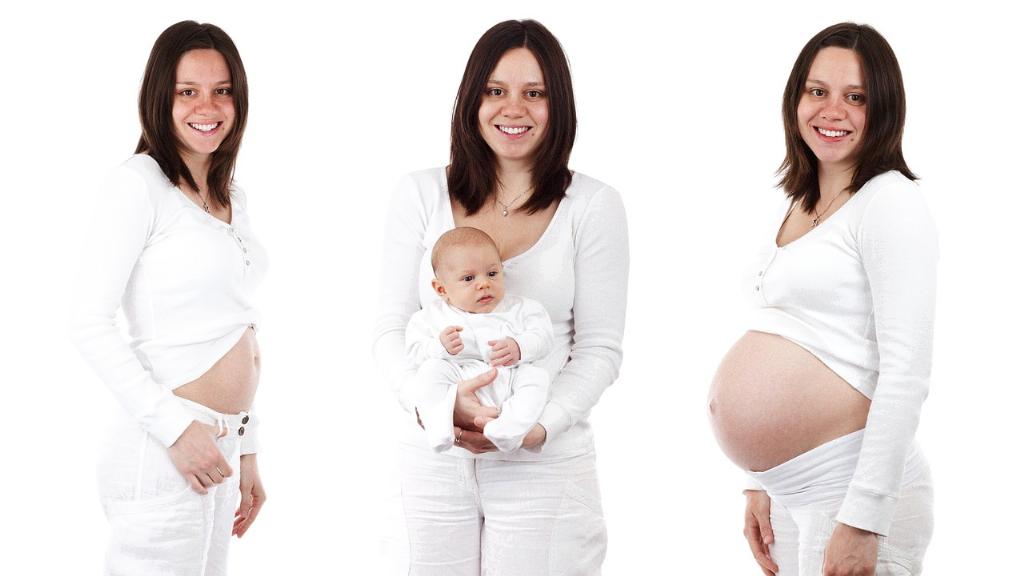When we talk about the air quality index (AQI) and its impact on babies, we need to delve into the specifics of what levels are considered safe for these little ones. The AQI is a crucial metric that provides insights into how polluted the air is and what health effects can be expected at different levels of pollution.
For babies, who have developing respiratory systems and immune systems, the quality of the air they breathe is of utmost importance. Ensuring that they are exposed to clean air can significantly impact their health and well-being in the long run.
According to air quality standards, an AQI range of 0-50 is classified as good air quality. In this range, the air is considered safe for all individuals, including babies. Good air quality signifies minimal health risk and an environment where the air is clean and poses no threat to respiratory health.
As the AQI rises to the range of 51-100, it falls under the category of moderate air quality. While this level is still considered acceptable for most people, including babies, it indicates a slight increase in pollution levels that may have minor effects on sensitive individuals.
When the AQI surpasses 100 and enters the unhealthy range, it becomes a cause for concern, especially for babies and individuals with respiratory conditions. Air quality above 100 can have adverse health effects on babies, such as irritation of the respiratory system and aggravated symptoms of existing health issues.
For babies, maintaining air quality below an AQI of 100 is crucial to safeguard their health and minimize the risk of respiratory problems. Ensuring that the air they breathe is within the good to moderate range can contribute significantly to their overall well-being.
It is essential for parents and caregivers to stay informed about the air quality levels in their area and take necessary precautions when the AQI rises to unhealthy levels. By being proactive in monitoring air quality and taking steps to reduce exposure to polluted air, they can create a safer environment for babies to thrive in.
Factors such as geographical location, weather conditions, and industrial activities can influence air quality levels and impact the AQI in specific regions. Understanding these factors can help parents make informed decisions regarding outdoor activities and exposure to polluted air for their babies.
While it may not always be possible to control external factors that affect air quality, implementing indoor air quality measures can also play a significant role in reducing babies’ exposure to pollutants. Using air purifiers, ensuring proper ventilation, and avoiding indoor pollutants can help maintain a healthy indoor environment for babies.
Ultimately, prioritizing clean air for babies is a fundamental aspect of promoting their health and well-being. By being mindful of air quality levels and taking proactive steps to reduce exposure to pollution, parents and caregivers can create a safe and healthy environment where babies can grow and develop optimally.
Ensuring that the air quality index remains within safe limits for babies is a responsibility that requires vigilance and awareness. By staying educated on air quality standards and taking necessary precautions, parents can help protect their little ones from the harmful effects of air pollution.

